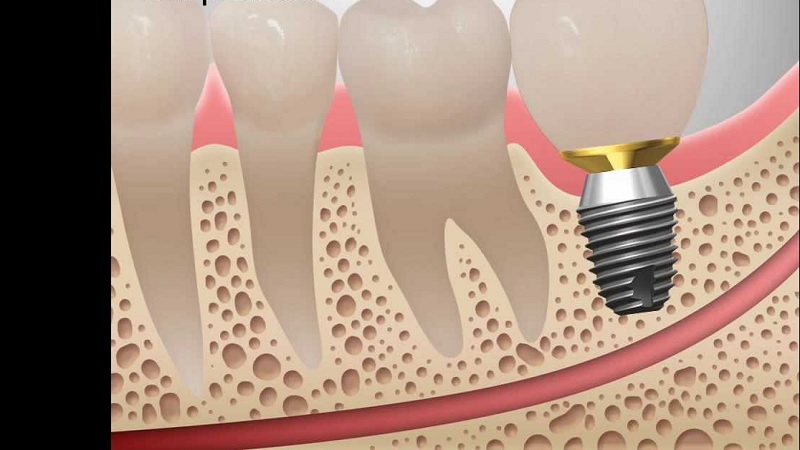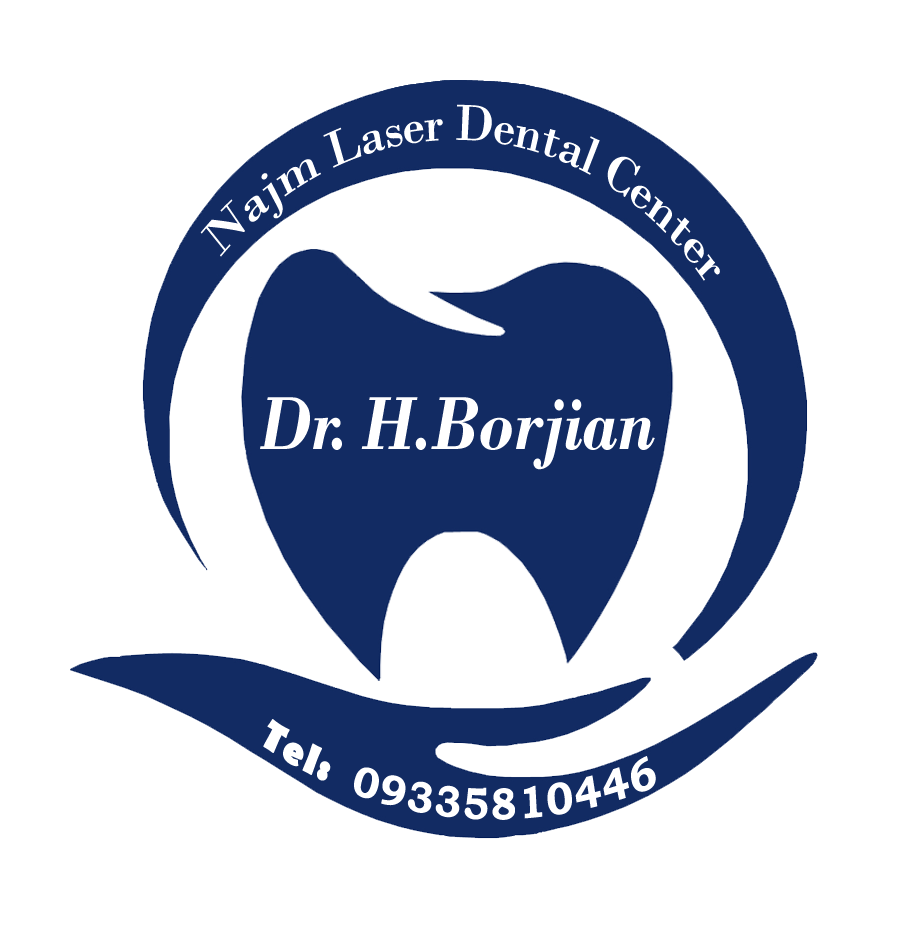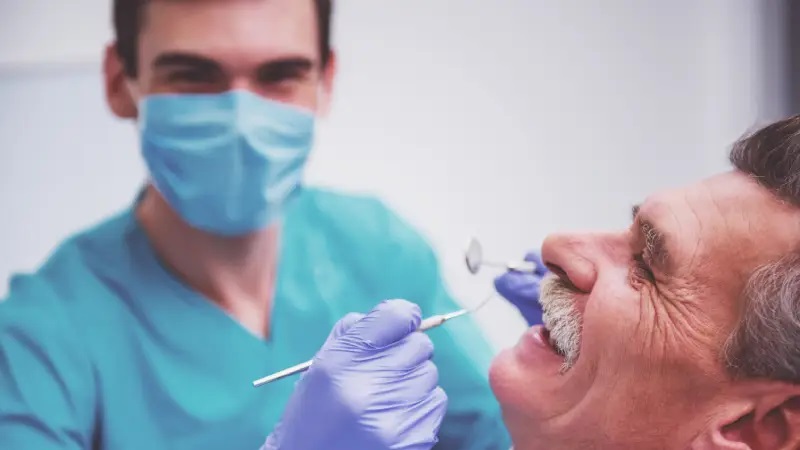Investigating complications and risks of implant implantation in the elderly
Although the possibility of dental implant complications and risks is very rare. Some people may experience problems after implant surgery. Some of the possible side effects of implant surgery for the elderly, such as sensitivity, pain, bleeding, and swelling, are short-term and resolve with time.. Others, such as infection, implant loosening, sinus problems, implant rejection, and implant coating loosening, are long-term complications of implant surgery for the elderly and require treatment.. In this article from Dr. Hossein Borjian's website The best dentist in Isfahan We examine the complications and risks of implant implantation in the elderly.
Implant loosening
During the first few weeks after geriatric implant surgery, the dental implant is fused to the jawbone.. This step is critical to the long-term success of implant surgery and may take months. If the dental implant does not fuse with the jaw bone; The attending dentist may decide to remove the desired implant.
Incidence of infection
If the elderly do not take good care of their dental implants, the bacteria in the food may contaminate the surgical site and the possibility of infection after the implant increases..
Sensitization caused by implants in the elderly
Incidence of sensitivity after Dental implant surgery, is caused by the use of drugs, in such a situation you must visit your dentist.
having bleeding
In the early days after implant surgery, when the gums are healing. There is a possibility of bleeding in the gums and it will resolve by itself. If the bleeding of the gums does not stop or is observed in the following days, it is necessary to see a dentist.
Gum swelling
Due to the pressure exerted on the gums during the surgery, swelling of the gums after implant placement in the elderly is a normal thing and will last a week for the patient.. Using a cold compress on the swelling area can help in such conditions.
Cause tissue or nerve damage
Sometimes, the elderly implant may accidentally be placed close to the nerve and lead to the appearance of symptoms such as numbness, tingling or pain at the surgical site.. In more severe cases, permanent and long-term numbness may occur at the implant placement site, chin and lips..

Sinus problems
Dental implants in the elderly, especially in the upper jaw, may penetrate into the sinus cavities, cause swelling in the sinuses, and increase the likelihood of sinusitis.. Of course, the possibility of this problem occurring in people who have implanted implants is very rare. Symptoms of sinusitis caused by implant surgery in the elderly include the following:
- Nasal obstruction
- Decreased sense of smell
- Sinus headaches
- toothache
- Bad Breath
- Then
- Damage to the dental implant
Applying too much pressure or impact to a dental implant, like any other tooth, may lead to cracking or loosening.. Some people put a lot of pressure on their dental implants without realizing it. For example, nervous people or people who live under high stress conditions and people who grind their teeth in their sleep may unintentionally damage their dental implants..
The Instagram page of Dr. Hossein Borjian, the best dentist in Isfahan
Loosening of the implant cover
Loosening of the implant cover may occur for various reasons. If the base of the dental implant is loose, it may be because the base does not fuse with the patient's gums. When the dental implant crown becomes loose, it is caused by the loosening of the temporary adhesives caused by mouth movements while chewing food.. If the screw connecting the base to the prosthesis is loose, the reason can be the use of cheap and inappropriate implants..
Dental implant rejection
The body of some people may be allergic to artificial materials such as titanium or other metals Dental implant push back. To detect the presence or absence of sensitivity to metals, Melisa test is used before implant surgery for the elderly. It is worth noting that the probability of implant rejection is higher in the elderly who suffer from autoimmune diseases such as rheumatoid arthritis, multiple sclerosis, lupus, and celiac disease..
Attention :
- The scientific accuracy of the above article should be consulted with Dr. Borjian, a specialist, in person Gum and bone grafting be confirmed.
- This article was managed and published by the site admin.
Read more :
Cases of upper jaw corrective surgery
Advantages and disadvantages of using functional orthodontics
Introducing the types of dental protection



